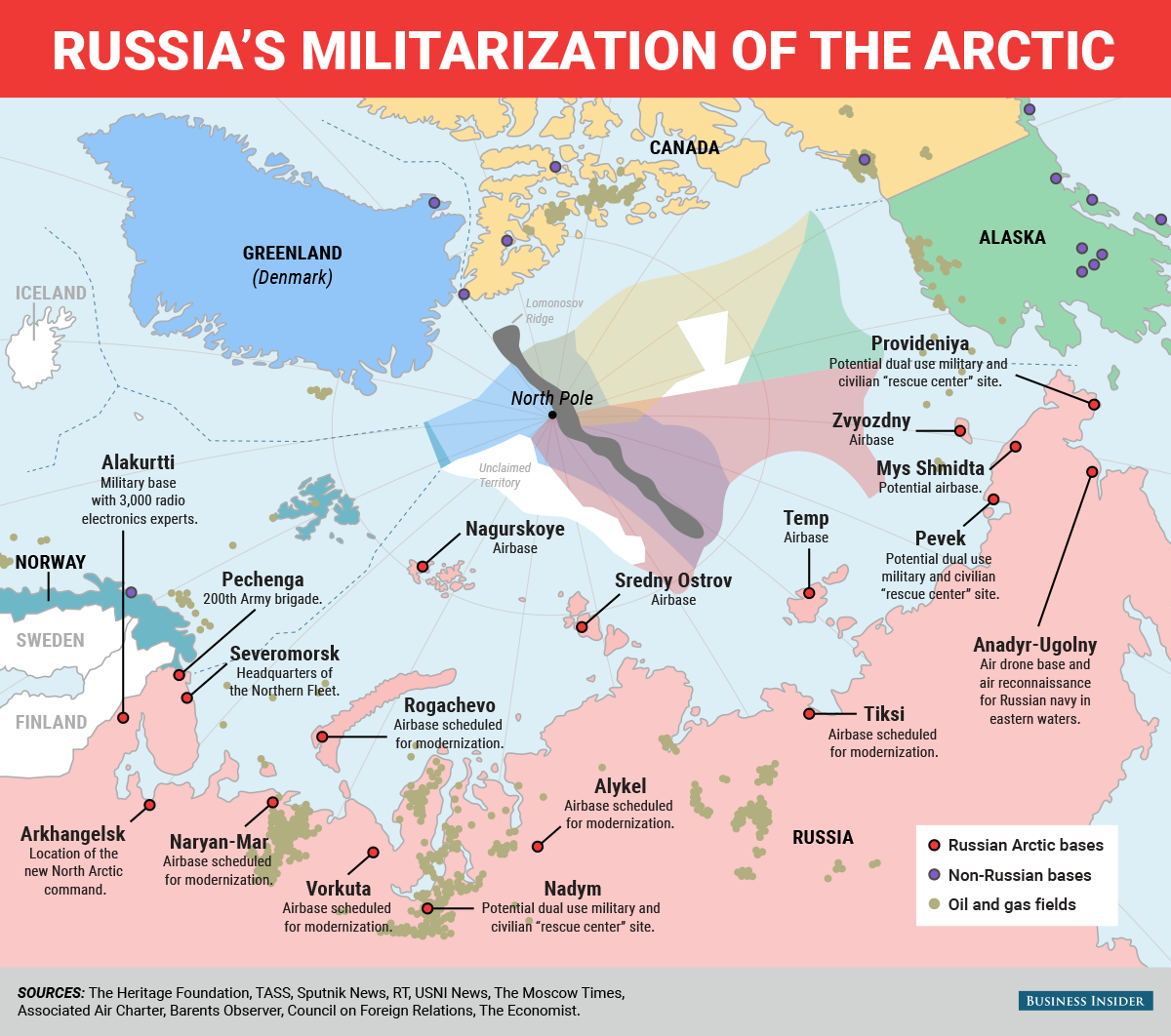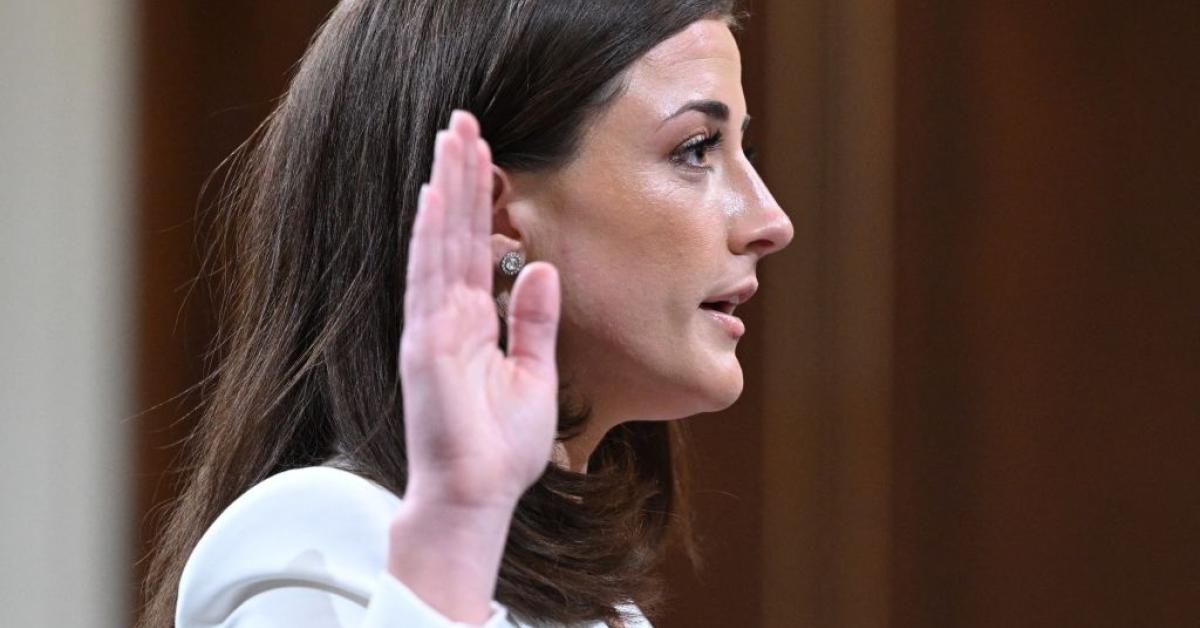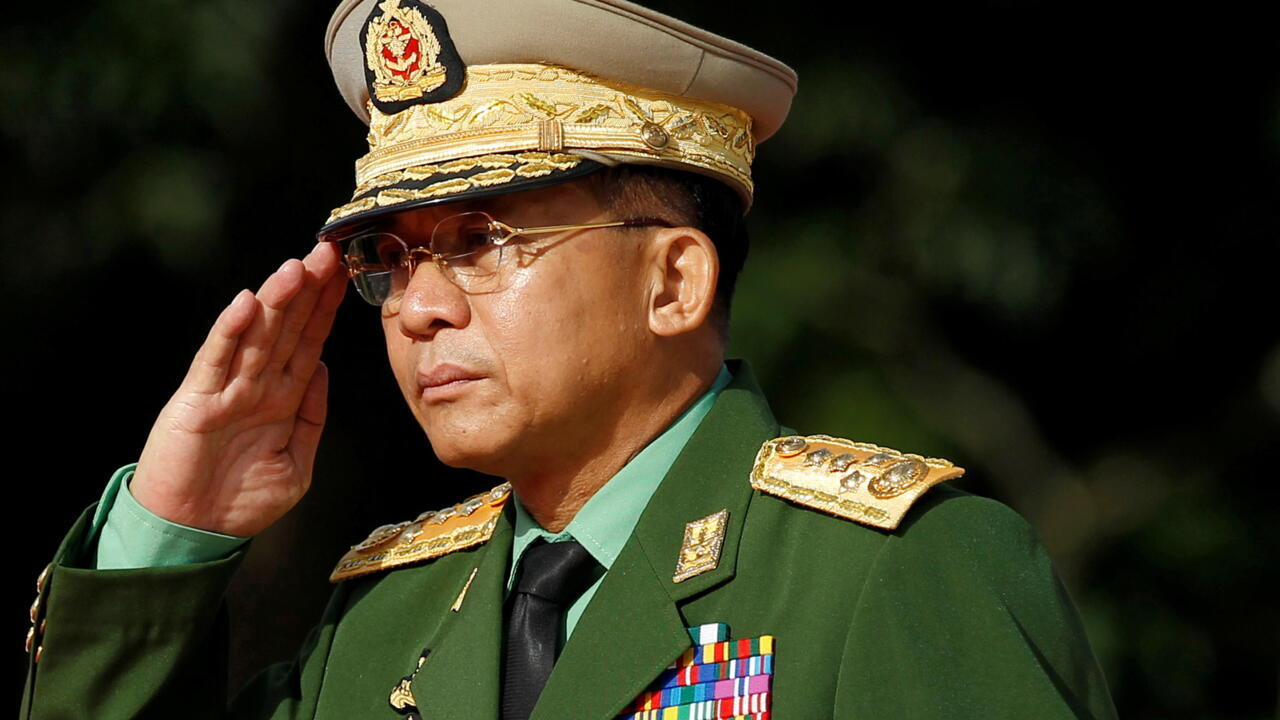Increased Arctic Military Activity: Understanding Russia's Strategic Goals

Table of Contents
Russia's Geopolitical Interests in the Arctic
Russia's heightened Arctic military activity stems from a multifaceted set of geopolitical interests, all contributing to its assertive posture in the region.
Securing Natural Resources
The Arctic holds vast reserves of oil, natural gas, and valuable minerals. For Russia, securing access to these resources is paramount for its energy security and economic growth. Control over these resources could significantly impact global energy markets, giving Russia considerable leverage.
- Increased exploration activities: Russia is actively investing in exploring and exploiting Arctic hydrocarbon reserves.
- Development of Arctic ports and infrastructure: New ports and infrastructure are being built to support resource extraction and transportation.
- Investment in Arctic energy projects: Significant financial resources are being channeled into developing Arctic energy projects, bolstering Russia's energy independence.
Expanding Naval Power Projection
Russia is aggressively modernizing its Northern Fleet, establishing new bases, and significantly enhancing its capabilities in icebreaker technology and Arctic warfare. This expansion strengthens its influence in the region and allows for a quicker response to perceived threats, solidifying its position as a dominant Arctic power.
- Deployment of advanced weaponry: The Northern Fleet is being equipped with advanced weaponry, including hypersonic missiles, tailored to the Arctic environment.
- Construction of new military bases: New military bases and infrastructure are being constructed along Russia's Arctic coastline, expanding its reach and control.
- Investment in icebreaker fleet modernization: Russia's investment in a modern and robust icebreaker fleet ensures year-round access to Arctic waters, a critical element of Arctic military activity.
Asserting National Sovereignty
Russia views the Arctic as an integral part of its national territory and is determined to solidify its claims in the region. This involves actively defining maritime boundaries and gaining control over crucial shipping routes. This assertion of sovereignty is a key driver of increased Arctic military activity.
- Increased border patrols: Increased patrols by the Russian border guard and navy are designed to monitor and control activity within claimed territories.
- Strengthening of Arctic coast guard: The Russian coast guard's capabilities are being significantly enhanced to support its expanded role in the Arctic.
- Development of Arctic infrastructure to assert control: The construction of infrastructure, including military bases and communication networks, reinforces Russia's control over the region.
The Impact of Climate Change on Arctic Military Strategy
Climate change, specifically the melting Arctic ice cap, significantly impacts Russia's Arctic military strategy, creating both opportunities and challenges.
Melting Ice and Strategic Implications
The diminishing Arctic ice cap opens up new shipping routes, known as the Northern Sea Route, and makes previously inaccessible resources more readily available. This presents Russia with strategic opportunities but also necessitates adjustments to its military approach.
- Development of ice-capable vessels: Russia is investing in the development of ice-capable vessels for both military and civilian purposes, optimizing their operational capabilities in the melting Arctic.
- Increased surveillance capabilities: Enhanced surveillance systems are being deployed to monitor shipping lanes and activities in the increasingly navigable Arctic waters.
- Adapting infrastructure to changing conditions: Existing infrastructure needs to be adapted, and new infrastructure developed, to cope with the changing conditions brought about by the melting ice.
Competition for Arctic Resources
As the ice melts, competition for Arctic resources intensifies among various nations, increasing the strategic importance of the Arctic region and thus further fueling Arctic military activity. Russia aims to maintain a strategic advantage by securing its claims and resources proactively.
- Development of advanced technologies for resource extraction: Russia is investing in advanced technologies to efficiently extract resources from the Arctic environment.
- Strengthening of military presence to deter competition: A stronger military presence serves as a deterrent to other nations seeking to exploit Arctic resources.
- Strategic alliances with other Arctic nations: Russia is actively pursuing strategic alliances with other Arctic nations to further solidify its influence and access to resources.
International Concerns and Responses to Increased Arctic Military Activity
Russia's increased military presence in the Arctic has sparked international concern and prompted responses from various actors, particularly NATO.
NATO's Response and Enhanced Arctic Presence
NATO is bolstering its presence and conducting more military exercises in the Arctic region to counterbalance Russia's actions. This increased military activity in the Arctic raises concerns about the potential for escalation and unintended conflicts.
- Increased military exercises: NATO is conducting more military exercises in the Arctic to demonstrate its commitment to the region's security.
- Enhanced surveillance capabilities: NATO is enhancing its surveillance capabilities in the Arctic to monitor Russian activities.
- Strengthening of alliances with Arctic nations: NATO is strengthening its alliances with Arctic nations to promote collective security.
International Law and Arctic Governance
The militarization of the Arctic challenges existing international legal frameworks and governance structures. Discussions are underway regarding the need for stronger international cooperation and regulations to prevent future conflicts and ensure the responsible management of Arctic resources.
- Discussions on Arctic governance: International discussions focus on establishing effective governance mechanisms for the Arctic region.
- Calls for international cooperation: There are growing calls for enhanced international cooperation to manage the challenges posed by increased Arctic military activity.
- Establishment of international norms for Arctic activities: The international community is working towards establishing clear norms and regulations governing activities in the Arctic.
Conclusion
Russia's increased Arctic military activity is a multifaceted issue stemming from geopolitical ambitions, resource control, and the strategic opportunities presented by climate change. Understanding these motivations is critical for managing escalating tensions and fostering international cooperation in the Arctic. Further research into Russia's Arctic military strategy, combined with a strengthened international dialogue and commitment to diplomacy, is essential to ensuring stability and preventing future conflicts in this increasingly vital region. Continued monitoring of Arctic military activity, including analysis of Russian military deployments and infrastructure development, remains paramount for a peaceful and stable Arctic future.

Featured Posts
-
 Stock Market Valuations Bof As Reassuring Take For Investors
May 13, 2025
Stock Market Valuations Bof As Reassuring Take For Investors
May 13, 2025 -
 Cassidy Hutchinsons Memoir Key Jan 6 Witness Shares Her Story
May 13, 2025
Cassidy Hutchinsons Memoir Key Jan 6 Witness Shares Her Story
May 13, 2025 -
 Luxury Presence Your Gateway To Exclusive Off Market Homes
May 13, 2025
Luxury Presence Your Gateway To Exclusive Off Market Homes
May 13, 2025 -
 The Hypocrisy Of Western Sanctions The Case Of Britain Australia And Myanmars Military Junta
May 13, 2025
The Hypocrisy Of Western Sanctions The Case Of Britain Australia And Myanmars Military Junta
May 13, 2025 -
 Apples Murderbot A Blend Of Humor And Philosophical Angst In Sci Fi
May 13, 2025
Apples Murderbot A Blend Of Humor And Philosophical Angst In Sci Fi
May 13, 2025
